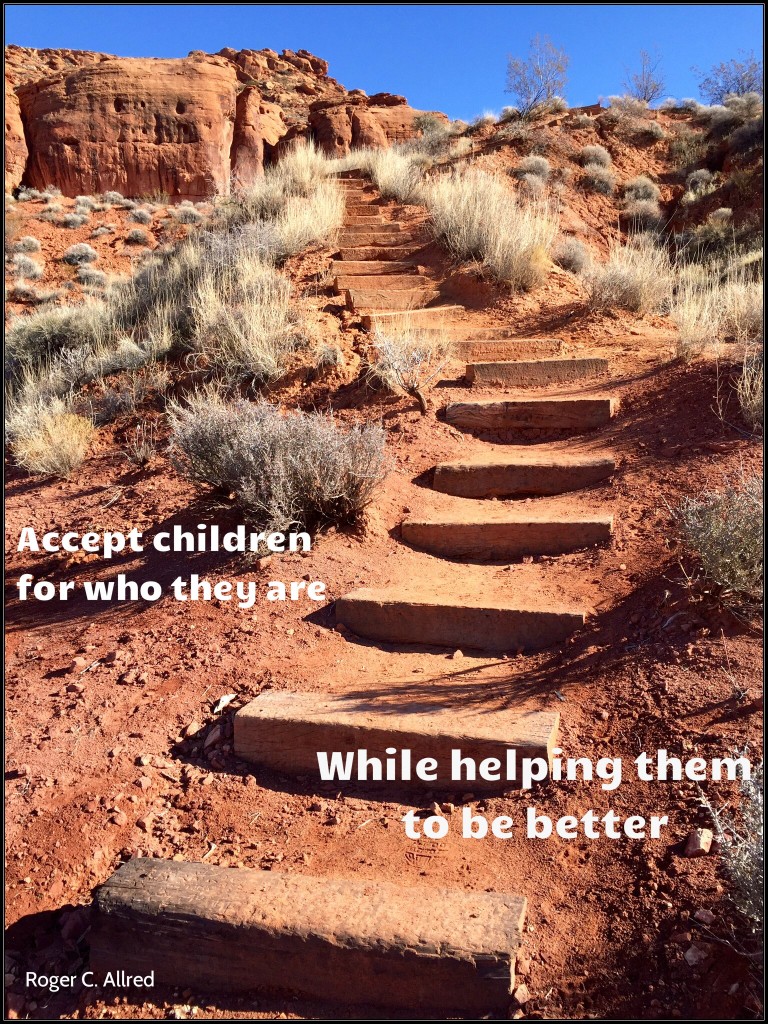 I was recently in a class of 21 other older men, like me.
I was recently in a class of 21 other older men, like me.
The discussion leader asked, “How many of you have a child or grandchild that has chosen a lifestyle that will compromise their health, happiness or financial stability? I am not talking about making a serious mistake or two, because we all do that. I am talking about loved ones who consciously choose a lifestyle that will have significant negative consequences, which they can’t seem to see or do not want to see.”
Every hand went up.
Because this gut-wrenching reality is nearly universal, I would like to share some hope. This is not my concept but it was taught by Jesus Christ, as recorded in the Bible. Whether Christian or not, the lesson is applicable for all those who want to help others who have lost their way. It is especially meaningful for those of us who have a family member or other loved one who is on the road to disaster.
In Luke, chapter 15, those who were critical of Jesus pointed out that he chose to associate with the lost souls of his time. Jesus did not answer his critics directly but, instead, told three parables in succession.
He told three stories about something being lost because each parable addresses a different reason that a bad choice was made. Since bad choices lead to bad places, Jesus tells us how to rescue those who are lost.
- The lost sheep – The shepherd goes in search of a lost sheep, finds it, puts it on his shoulders and brings it back to the flock.
Christ’s teaching:
- Go get them – The shepherd left the rest of the flock in order to find a sheep that had innocently wandered away. Many times our innocent loved ones are lured away by those who claim to be friends, or corrupting influences of a corrupting media, or just yielding to physical urges, without proper restraint. We need to actively and immediately go to these sheep and teach them the truth.
- Carry them – Innocents have not yet learned how to see the consequences of their actions. They are easily misled and we must carry them with our strength, like the shepherd, until they can develop their own.
- Do not be harsh – The shepherd did not beat the wandering sheep. When one is innocent, they are not choosing to rebel against what is right. They don’t fully understand what is right. They do need to be corrected and taught and loved. Harshness will not bring them back.
- Rejoice – Everything that an innocent does to improve should be celebrated. Both the shepherd and the sheep will be better for it.
- The lost coin – A woman loses one of her ten gold coins, so she sweeps her house until she finds it.
Christ’s teaching:
- Act with a sense of urgency – The woman did not wait until the light was just right to search for the lost coin (lost soul). She lit a candle and began to sweep immediately
- Search – Since the coin did not lose itself, we must recover it because it will not come back on its own. The woman had not properly cared for the coin and, therefore, it was lost. We must accept responsibility for losing the coin, and for finding the coin.
- Make it right – Many people feel guilty when a loved one goes astray. Usually that guilt is inappropriate and unproductive. In the case of the lost coin, guilt is proper and it motivates us to apologize for our actions that caused the coin to be lost. Then, we can retrieve the coin from its lost place.
- Rejoice – When the lost coin (lost soul) accepts our apology and returns, we rejoice. However, because the coin was lost as a result of our actions, we must be very careful not to repeat the same mistakes.
- The lost (prodigal) son – The son of a loving father takes his inheritance and wastes it in riotous living. He realizes his mistake and returns home to accept his father’s will.
Christ’s teaching:
- Wait – The son in this story was not innocent (sheep) and was not the victim of the actions of another (coin). He knowingly chose to leave his loving family and the principles that he knew were correct in order to satisfy his ego and lusts. He was prodigal, which means wasteful. Jesus taught that we don’t wring our hands and worry about making amends for being human. This son chose to turn his back on all that was good, so we wait until the son realizes that he was wrong and wants to do better.
- Love – We must show unconditional love, like the father in this parable did, to even those who have wronged us and blamed us and taken advantage of us. We don’t justify their bad behavior but we love them in spite of their behavior.
- Teaching can wait – The father welcomed his son home with unconditional love and acceptance. The son will have many lessons to learn and re-learn, but lessons can wait until the celebrations are over. Preaching should be minimal and teaching should only be as often as the student is willing to learn.
- Rejoice – It goes without saying that parents are happiest when all of their children are safe within the fold.
We always rejoice when someone who is precious to us is found. Remember that none of these stories teaches using compulsion or trying to make another feel guilty. Persuasiveness, patience, gentleness and love are the key elements in rescuing those who are lost.

